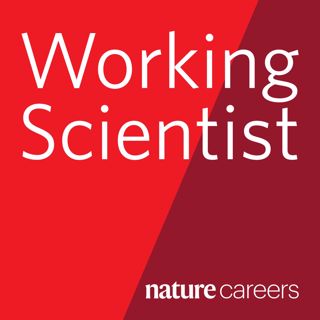Om avsnittet
An applied goal of Pieter Roelfsema’s lab at the Netherlands Institute for Neuroscience in Amsterdam is to create a visual brain prosthesis aimed at people who have lost their sight.To help achieve this goal, the lab partners with both neurosurgeons and artificial intelligence researchers.“We are knowledgeable about how to put electrodes in the brain,” says Roelfsema, “but we collaborate with experts who know about how to make these electrodes so that they don't damage the brain tissue too much, also with people in artificial intelligence who can take camera images and translate them into brain stimulation patterns.“We also collaborate with neurosurgeons who can inform us how to really make this device and make it something that is going to be feasible for a neurosurgeon to really implant in the brain. That is definitely a very important goal for me, to bring this to a patient.”In episode five of Tales from the Synapse, a podcast series with a focus on brain science, Roelfsema describes how he handles requests from people who are pinning their hopes on being able to see again. “I have to explain this is not a clinically approved device,” he says.“Our ambition will be to go to humans in the next say, two years, or maybe a little bit later, but it’s still going to be research. There are all kinds of regulations, which are there for a good reason. And we have to show that we comply with all these regulations.”Tales from the Synapse is produced in partnership with Nature Neuroscience and introduced by Jean Mary Zarate, a senior editor at the journal. The series features brain scientists from all over the world who talk about their career journeys, collaborations and the societal impact of their research. Hosted on Acast. See acast.com/privacy for more information.
Senaste avsnitten

How we slashed our lab’s carbon footprint

Meet the retired scientists who collaborate with younger colleagues

A dumpster full of mercury and other things to avoid: lab closures made simple

Pension planning and psychosocial support: how institutions can help academics at the late career stage

“Who am I if not a scientist?” How to find identity and purpose in retirement

Choose your own adventure: navigating retirement after an academic career

The last few miles: how to prepare for the late-career stage in science

Counting the cost of fashion’s carbon footprint

Why female students at an inner London school are seeing scientists in a different light

